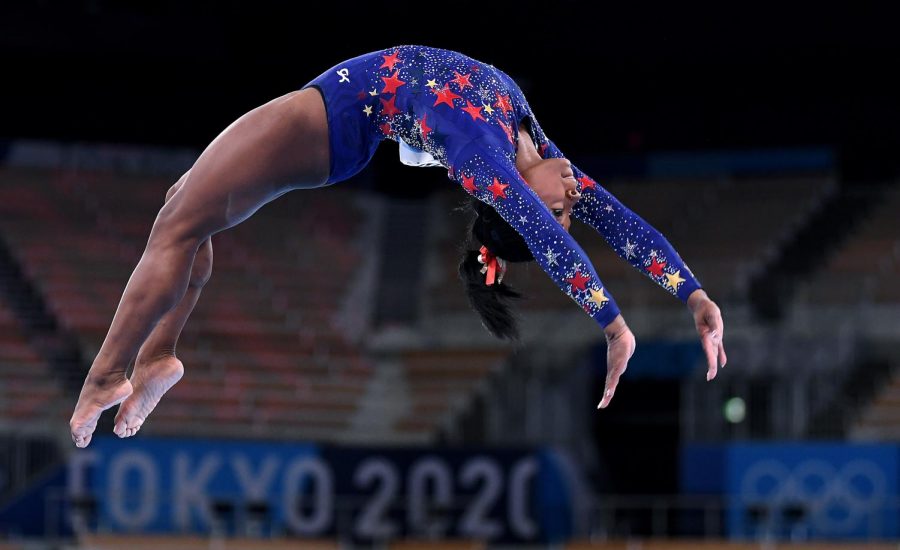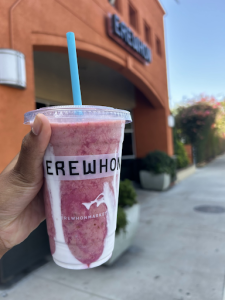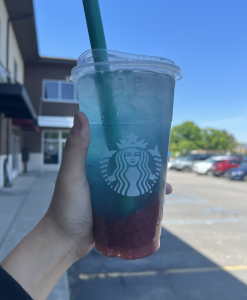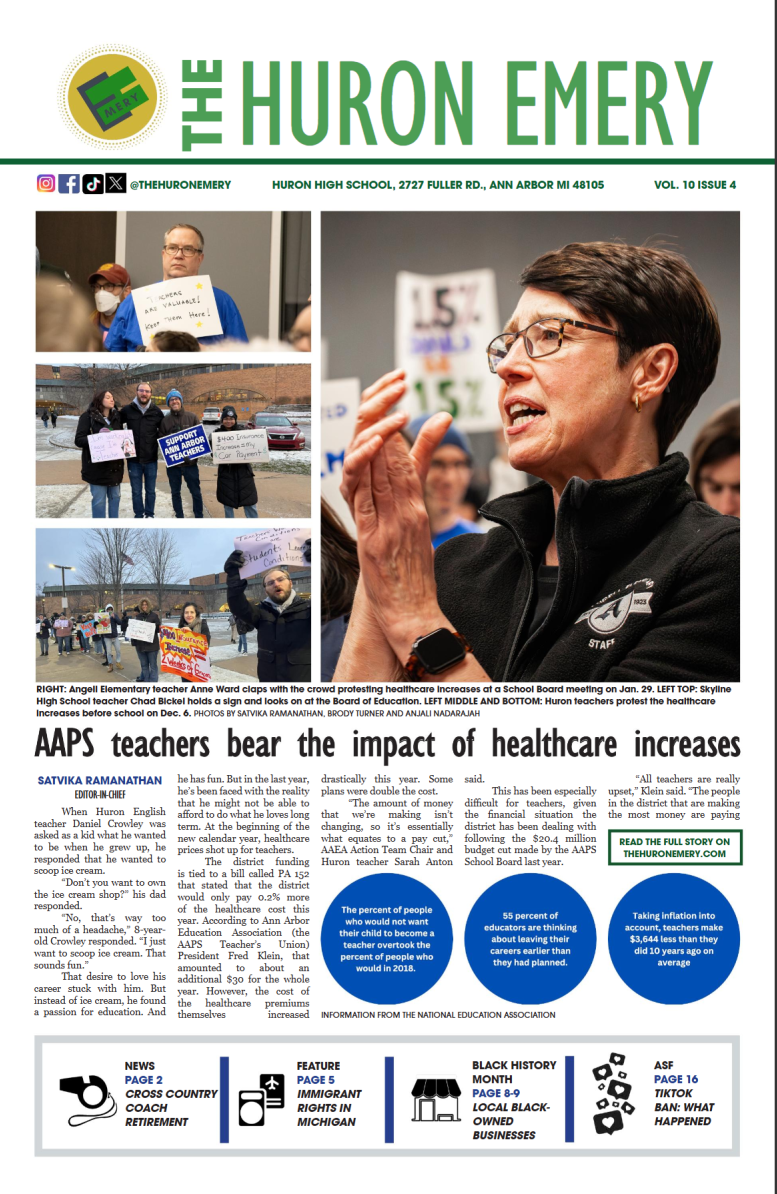Athlete mental health from the Olympics to the MHSAA
(Wally Skalij/Los Angeles Times/TNS)
U.S. gymnast Simone Biles competes on the beam in the women’s team qualifying at the 2020 Tokyo Olympics on Sunday, July 25, 2021. She withdrew days later, citing her mental health.
August 29, 2021
Michigan High School Athletic Association’s (MHSAA) Executive Director, Mark Uyl, was at a NCAA meeting when he heard something that almost made him fall out of his chair.
“The chief medical officer [Brian Hainline] said that the biggest issue confronting college student athletes was mental health,” Uyl said. “This was right in the middle of almost every athletic organization focusing on concussions, almost 24/7, and what that did was it illuminated that in athletics we often focus on the physical well being of kids, but the mental well being needs to be an equal partner in that dynamic.”
This meeting was held nearly five years ago. Years later, in the 2020 Tokyo Olympics Simone Biles withdrew from several events including the team final and individual all-around competition due to mental health reasons.
For her, the narrative was gold or bust, and with her pedigree it was definitely possible.
She won four gold medals at the Rio 2016 Olympics. She had signature moves officially named after her. She was being called the GOAT.
But after her mind and body not being in sync, losing her aunt, and her past depression Biles decided to prioritize her mental health even if it meant not being able to participate on the highest stage of her sport. Biles later rejoined the games and won bronze in balance beam.
Her decision drew significant criticism, but also significant support– including fellow notable Olympians Michael Phelps, Allyson Felix and Aly Raisman.
Uyl says that if a situation like this were to happen in high school, the illness of the student athlete is the number one priority.
“All of us would agree that if a knee injury hasn’t healed and a kid can’t play then there shouldn’t be any criticism when that athlete has to remain out, the same with a concussion recovery, and I think that same thing needs to be in a Simone Biles situation,” Uyl said. “That’s got to be an individual, personal decision that athletes are going to have to make on their own.”
Pressure in the Olympics is a given. Yet with the rise of social media and the natural competition in sports, external pressure can take a toll on high school athletes as well.
“I really think that the Simone Biles scenario gives us an opportunity to have that conversation and say ‘our teenage athletes need some space, just to be teenage athletes,’” Uyl said. “I think the expectations that Simone had on her is one reason why she just needed to step back and take a break.”
Once the importance of mental health was brought to Uyl’s attention at the NCAA meeting, the MHSAA started developing a plan for mental health in high school sports.
“We pulled together a mental health task force that met three times, and we identified some goals for the group, in terms of education, outreach and the things that we wanted to do,” Uyl said.
As a result, the MHSAA Sports Medical Advisory Committee formed, consisting of medical professionals that meet four times a year. Additionally the MHSAA partnered with be nice, a division of the West Michigan Mental Health Foundation.
“When you’re not an expert, you need to go out and find a partner that is an expert,” Uyl said. [Be nice] really brought a lot of great things to the table. If kids are struggling, then there’s contact information, where they could reach out to a member of their team and be able to, if not get the help they need right away, at least have somebody to talk with that can help direct them to where they need to go.”
To add to the list of resources, a speakers list was assembled focusing on student athlete mental health, in which the speakers share their own mental health challenges and stories. Some of the speakers are Eric Hipple, former Detroit Lions quarterback, Halle Wangler, former University of Michigan basketball player and Dave Ingles, basketball coach for Kent City High School.
Coaches are also being trained with this new initiative, in order for them to better help their athletes.
“It’s really not that different from a concussion,” Uyl said. “It’s what are the signs and symptoms of someone who is really struggling with their mental health. We can have teachers and coaches who always have that antenna up looking for those signs and symptoms, and when they see that they may not have the expertise to help their student or their athlete, but what they can do is they can refer them to someone who is an expert in that area. That’s really the important role that teachers and coaches have in this too, it’s noticing the signs and symptoms and when they see them, and having the courage to step in and to get that person to help that they need.”
Most of these athlete mental health resources can be located on the MHSAA website, under the “Health and Safety” tab.
“We’ve really been trying to break down some barriers and remove some of the stigma that mental health issues have had for a lot of years,” Uyl said. “Hopefully with this environment that’s now been created, kids who are in that situation can make the choice that’s best for them and have the kind of support within their school community that they deserve.”











